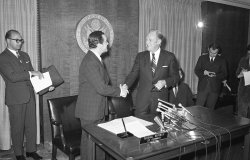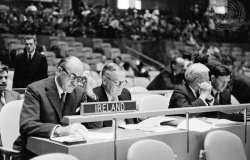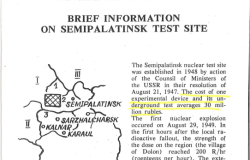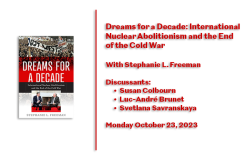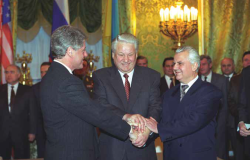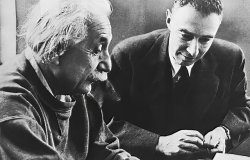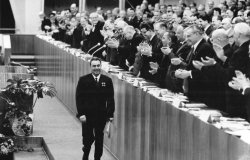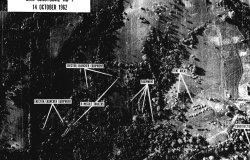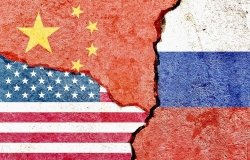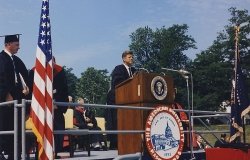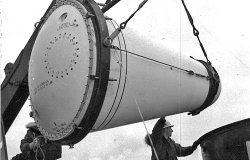Tlatelolco Tested
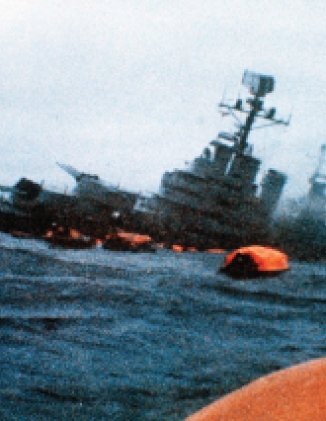

The Falklands/Malvinas War and Latin America's Nuclear Weapons Free Zone
During the 1982 Malvinas/Falklands War and in its aftermath, Argentina accused Great Britain of violating Latin America’s nuclear weapon free zone (NWFZ) by militarily deploying nuclear propelled submarines to the demarcated geographic area and by entering the zone with ships carrying nuclear weapons, possibly with the intent of using them in the War. This working paper examines the unprecedented role played by OPANAL, the nonproliferation agency charged with upholding the 1967 Treaty of Tlatelolco that established Latin America as the first NWFZ in an inhabited region of the world, in addressing the first accusations of a militaristic violation of a NWFZ in history. Utilizing primary source materials from OPANAL, this NPIHP working paper finds that even a weakened regional nonproliferation agency like OPANAL can play an important role in the aftermath of a perceived nuclear threat from an extra-regional state. The paper includes a look at how OPANAL’s experience can be applied to Africa’s NWFZ and a potential NWFZ in the Middle East.
Click here to download the article
About the Author

Ryan Alexander Musto

Nuclear Proliferation International History Project
The Nuclear Proliferation International History Project is a global network of individuals and institutions engaged in the study of international nuclear history through archival documents, oral history interviews, and other empirical sources. At the Wilson Center, it is part of the Wilson Center's History and Public Policy Program. Read more

Cold War International History Project
The Cold War International History Project supports the full and prompt release of historical materials by governments on all sides of the Cold War. Through an award winning Digital Archive, the Project allows scholars, journalists, students, and the interested public to reassess the Cold War and its many contemporary legacies. It is part of the Wilson Center's History and Public Policy Program. Read more

History and Public Policy Program
The History and Public Policy Program makes public the primary source record of 20th and 21st century international history from repositories around the world, facilitates scholarship based on those records, and uses these materials to provide context for classroom, public, and policy debates on global affairs. Read more
